This weekend Brian Matthew will present his last-ever Sounds of the 60s show on Radio 2. Now 88, he’s been in charge at breakfast time on Saturdays since 1990, his gravelly voice deepening and getting hoarser with the years. You could tell he was well past his clubbing prime, or for that matter being able to dance along to Bryan Ferry. Yet this has never mattered. Matthew’s band of devoted listeners have cherished his weekly two hours on air precisely because of his age. It has meant he was there when those classic Sixties’ records were made. He met the Beatles in their prime, and Dusty Springfield, Steve Winwood, Alan Price, Sandie Shaw. He knows exactly who was in what band when because he saw them performing on stage back in 1966 or visited them in the recording studio. When he adds the back story to a song or album, he’s not reading from the sleeve notes or a script prepared in advance by a diligent researcher, but coming up with facts embedded in his memory.
Knowledge, experience, authentic taste, though, are not enough to make a great radio DJ — someone who we will come back to week-on-week, and not just for their choice of music. There’s an essential but intangible extra quality shared by Matthew and those other great names on 2’s honour board — Terry Wogan, Jimmy Young, Desmond Carrington. Call it connection, maybe, or lack of self-consciousness, or the imagination to translate the microphone into a person, to look beyond the studio and their own self-image and know their audience, really know them as individual people, not just a blank statistic.
Take Jo Whiley, for instance, who hosts the evening show on Radio 2. These past few weeks she’s been my radio companion while driving home after yet another exhausting day. Time after time I’ve been through 4,3, Smooth, Capital (my car’s too old for digital) rejecting most of the voices I’ve encountered as too irritating, intrusive or demanding, the music too bland or abrasive. But I’ve found myself sticking with 2 and with Whiley, not because I particularly care for her choice of songs — I don’t think I’ve ever rushed home to check out a singer or band she’s introduced me to. But there’s a warmth about Whiley that feels genuine, not put on for the listener, a casual but not careless friendliness, a feeling that she’s talking straight to us person-to-person as if we were in the pub (I sense she prefers a pint to a glass of Chardonnay). And because of this you trust her taste in music, even if it’s different from your own. So thank you, Jo, for easing many an hour.
On the World Service, Valley Fontaine confessed her surprise when she discovered back in 2008 that the future president of the USA, Barack Obama, was married to a woman whose skin was darker in tone than his own. He’s an exception, she says, among prominent black men. Her programme, Black Like Me (produced by Lynsea Garrison), investigated colourism, or shadeism, or prejudice against individuals with a darker skin than your own, a form of discrimination that is usually confined to the same ethnic group. Fontaine herself is the dark-skinned daughter of Caribbean parents and grew up in London, a city whose diversity, she says, was not (and still isn’t) reflected on the billboards you pass in the street. As a young girl she was told by a friend that her skin ‘looked dirty’.
It’s not a subject the black community really cares to discuss, says Fontaine, but it’s been around since the height of the slave trade when to be darker-skinned probably meant you were ‘fresh off the boat’, and therefore closer to Africa and by definition less civilised. The ‘brown paper bag test’ became a feature of aspirational black society in America, the bag held up against your face to see how dark-skinned you were. Access to membership of clubs and some churches was barred to those whose skin was too dark or whose hair could not be combed.
‘It’s not a comfortable conversation,’ said Fontaine, and this was not a comfortable listen as we heard so many women telling stories of how as children they were not invited to parties and told it was because they were too dark-skinned, or being taken into a room by a gang of boys while at school, the lights switched off, and then told they couldn’t be found in the dark. Sadie, from Tennessee, has darker skin than her mother and knew even as a child that this was not a good thing. Her mother told Fontaine, ‘I want her to feel comfortable in her own skin. She’s just as pretty on the outside as any other woman.’ But the statistics show that darker-skinned women earn less money, find it harder to marry well, and are given longer prison sentences. That’s why Michelle Obama has been so important as a role model to black schoolgirls, especially. She shut people down with the way she carried herself, the way she spoke. A strong, black, confident woman, who just happens to be dark-skinned.
Got something to add? Join the discussion and comment below.
Get 10 issues for just $10
Subscribe to The Spectator Australia today for the next 10 magazine issues, plus full online access, for just $10.
You might disagree with half of it, but you’ll enjoy reading all of it. Try your first month for free, then just $2 a week for the remainder of your first year.

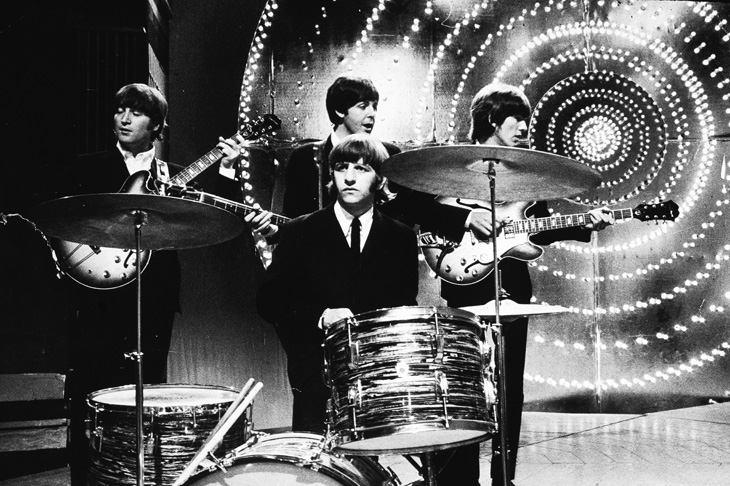
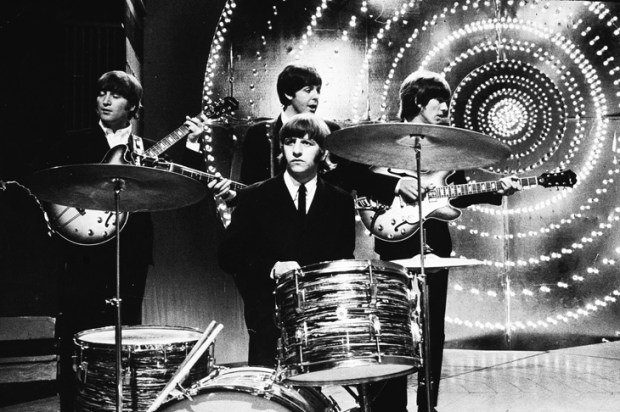
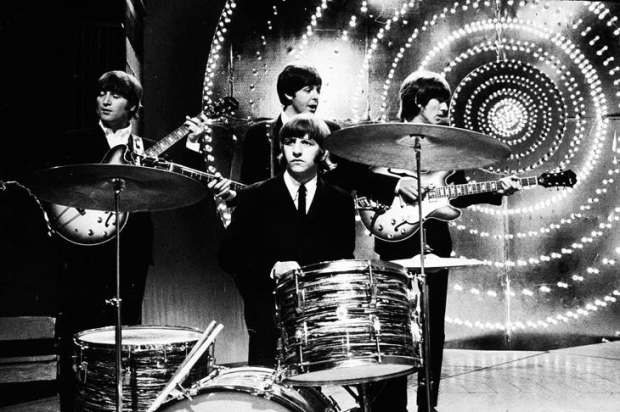
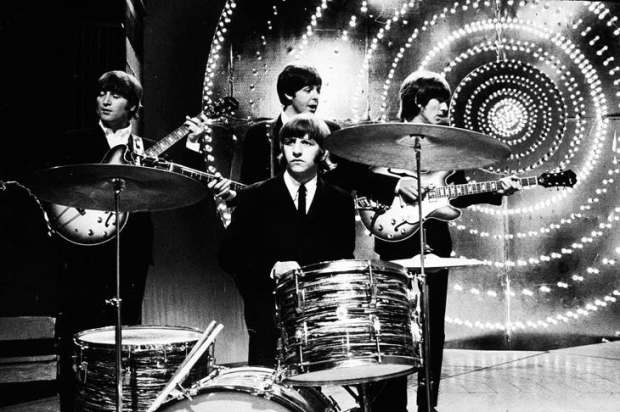


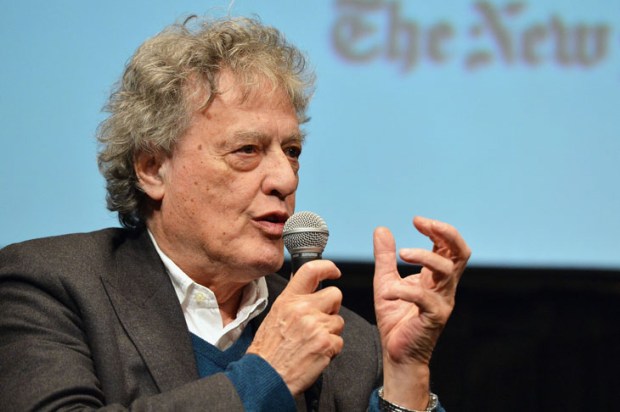






Comments
Don't miss out
Join the conversation with other Spectator Australia readers. Subscribe to leave a comment.
SUBSCRIBEAlready a subscriber? Log in